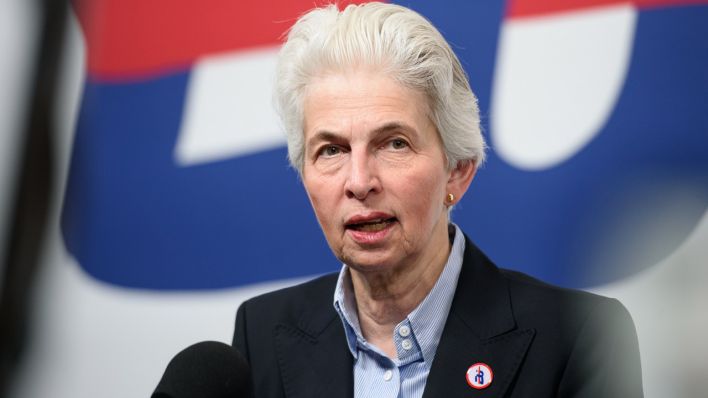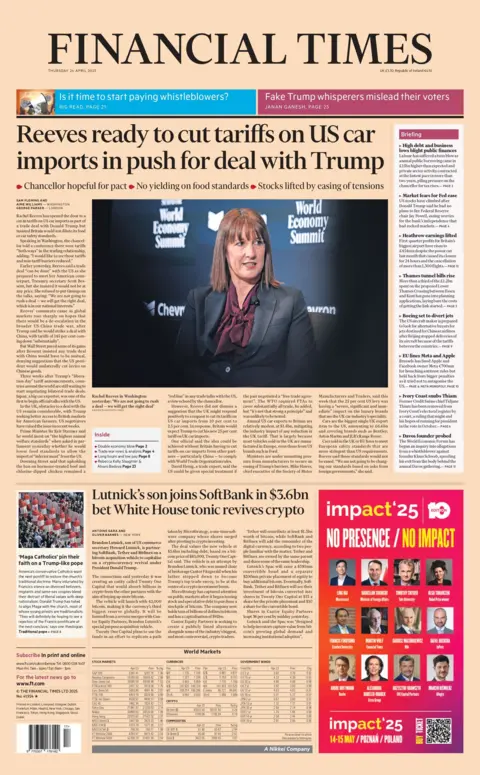Ukraine Proposes Training Partnership with Germany Amidst Ongoing Conflict
BERLIN, April 16, 2025, 6:28 a.m. CET – As the conflict in Ukraine continues to strain international relations, Ukrainian Ambassador Oleksij Makejew has proposed a unique partnership with Germany, focusing on military training and experience exchange. In an interview, Makejew highlighted the unparalleled combat experience of Ukrainian soldiers and suggested that they could provide valuable training to the German Bundeswehr, especially in areas such as drone warfare.”No German soldier has the experiences we have,” Makejew stated, emphasizing the practical knowledge gained by ukrainian forces on the front lines.He added that Ukraine is “available” for training initiatives,suggesting a collaborative approach to enhance both nations’ military capabilities.
This proposal comes at a crucial juncture in the ongoing conflict,particularly with concerns rising in Europe about the reliability of future U.S. aid, depending on the outcome of the next presidential election. A potential shift in U.S.foreign policy could place greater responsibility on European allies to support Ukraine. Germany has already been a significant provider of military aid to Ukraine, supplying advanced weapon systems and financial assistance, a contribution that is vital but that also attracts internal debate.
The debate in Germany extends to the potential deployment of Taurus cruise missiles to Ukraine, a move that has drawn sharp criticism from russia. The situation mirrors the kind of political divisions seen in the U.S.,where debates over aid packages to Ukraine have become increasingly partisan.
Despite the importance of German military aid, Makejew’s suggestion carries undertones related to the effectiveness of German-supplied equipment. Reports have circulated alleging defects in some of these systems, causing friction between Kyiv and Berlin. However,Makejew acknowledged that German weapons “are among the best that Ukraine received and that they have proven themselves,” emphasizing their value on the battlefield.
Ukraine’s Security Contribution and NATO Aspirations
Makejew underscored Ukraine’s ongoing contribution to European security. “Ukraine has a huge army of almost a million people who know exactly how to fight the Russians,” he stated, asserting that Ukraine possesses “the strongest army in Europe.” He implied that Ukraine’s potential NATO membership would significantly benefit not only Ukraine but also allies like Germany, due to the battle-hardened experience Ukrainian soldiers bring.
This statement contrasts with some analyses in the U.S., where defense experts have debated the readiness and capabilities of the Ukrainian military and the potential impact of its inclusion in NATO. Some argue that Ukraine’s integration could strain NATO resources, while others contend that its experience in countering russian aggression would be invaluable to the alliance.
Criticism of German Weapons Systems: A Matter of viewpoint?
The question of the effectiveness of German weapons systems has been a recurring point of contention. While Germany’s Ministry of Defense maintains a “close and constant exchange” with Ukraine to address any technical issues, criticisms persist.This mirrors similar debates in the U.S., where scrutiny is constantly applied to defense spending and the performance of military equipment.
Ambassador Makejew’s recent assessment of the conflict as akin to “the Third World War” reflects the severe urgency felt by Ukraine. This sentiment is echoed by Ukrainian President zelenskyj, who has painted a similarly grim picture of the country’s current predicament.It’s a stark reminder, as underscored by Makejew, that “the time of the symbols was over and that it takes concrete deeds to win the war and to secure peace in Europe.”
Implications for the U.S.
The proposed training partnership between Ukraine and Germany highlights the shifting dynamics of international security.As the U.S. re-evaluates its global role, European nations are increasingly taking on greater responsibility for their own defense. This growth could have significant implications for the U.S., perhaps leading to a more balanced distribution of the defense burden within NATO.
The effectiveness of military aid and training programs remains a critical point of discussion. The U.S. military, with its vast resources and decades of experience in asymmetric warfare, could also benefit from the direct insights of Ukrainian soldiers who are actively engaged in combat against a major adversary.
Ultimately, the Ukrainian ambassador’s proposal represents an possibility for closer cooperation between Ukraine and Germany, demonstrating a shared commitment to security and stability in Europe. The partnership could serve as a model for other nations seeking to enhance their defense capabilities and contribute to collective security efforts.








